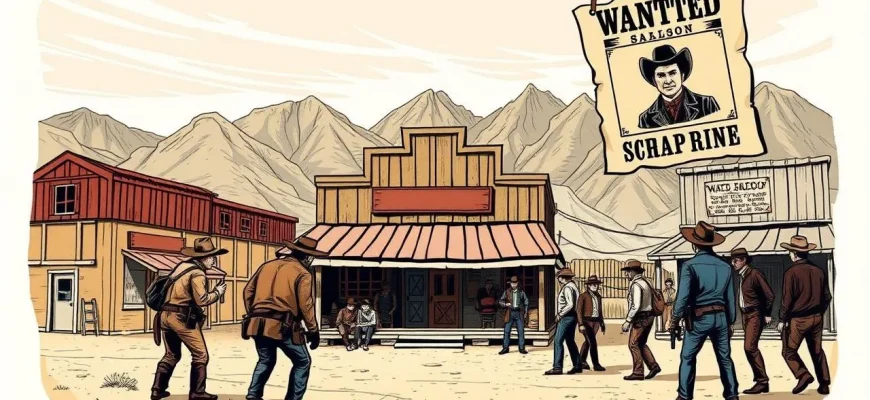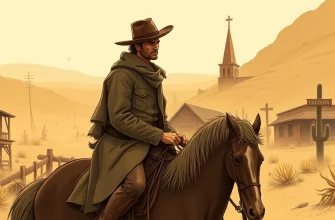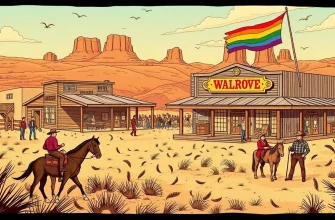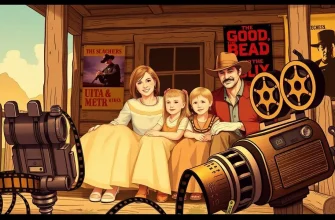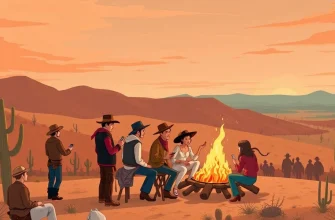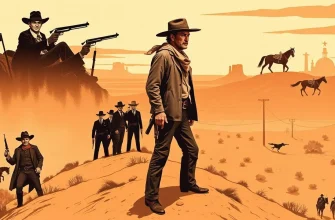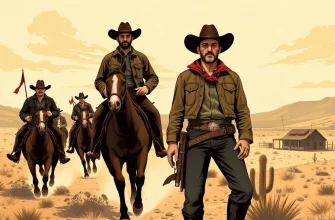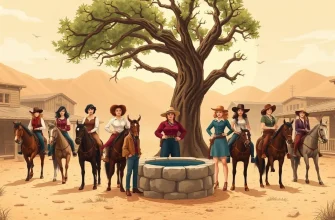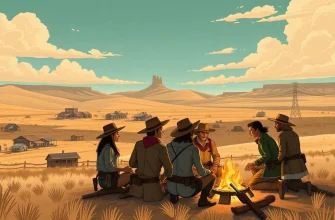The wild west, with its lawless landscapes and rugged individualism, often serves as a backdrop for tales of corruption and moral ambiguity. This curated list of 10 western films delves into the darker side of the frontier, where power, greed, and betrayal intertwine. These films not only entertain but also offer a critical look at the societal structures of the time, making them valuable for those interested in the complexities of human nature and the historical context of the American West.
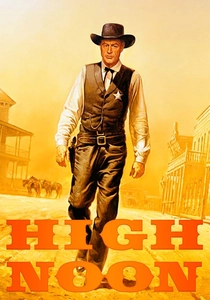
High Noon (1952)
Description: A marshal faces a corrupt town that refuses to help him against a gang of killers, showcasing the theme of corruption within the community.
Fact: The film was initially criticized for its political allegory but has since been recognized as a classic.
 Watch Now
Watch Now

The Man Who Shot Liberty Valance (1962)
Description: This film delves into the myth-making of the West, where corruption and the manipulation of truth are central to the story.
Fact: The film is often cited for its famous line, "When the legend becomes fact, print the legend."
 Watch Now
Watch Now
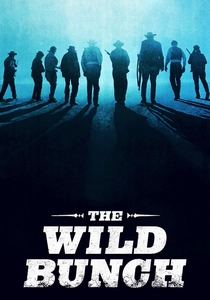
The Wild Bunch (1969)
Description: The film portrays a group of aging outlaws who confront the corrupt forces of both the law and rival gangs, highlighting the moral ambiguity of their world.
Fact: The film was groundbreaking for its time due to its graphic violence and portrayal of the end of the Old West.
 Watch Now
Watch Now
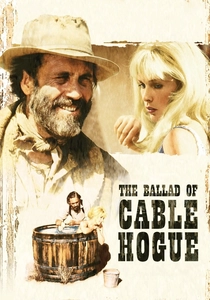
The Ballad of Cable Hogue (1970)
Description: While not directly about corruption, it shows the protagonist's struggle against corrupt forces trying to take his land, highlighting themes of greed and betrayal.
Fact: Sam Peckinpah, the director, considered this one of his most personal films.
 Watch Now
Watch Now
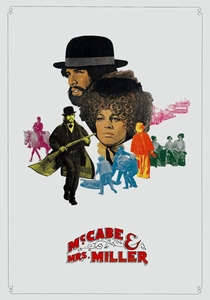
McCabe & Mrs. Miller (1971)
Description: This film portrays the corrupt business practices and the exploitation of individuals in a mining town, reflecting the darker side of capitalism.
Fact: The film was shot in sequence, which is rare in film production.
 Watch Now
Watch Now

The Outlaw Josey Wales (1976)
Description: Josey Wales fights against corrupt Union soldiers and bounty hunters, showcasing the moral complexities of the post-Civil War era.
Fact: The film was a major success for Clint Eastwood, who also directed it.
 Watch Now
Watch Now
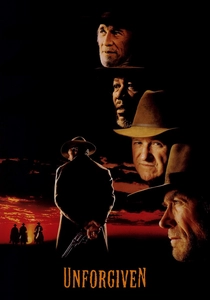
Unforgiven (1992)
Description: This film explores the corrupt nature of law enforcement in the Old West, where a bounty hunter's quest for justice reveals the moral decay of the town's sheriff.
Fact: Clint Eastwood won his first Best Director Oscar for this film, and it was also the last film he directed to win Best Picture.
 Watch Now
Watch Now
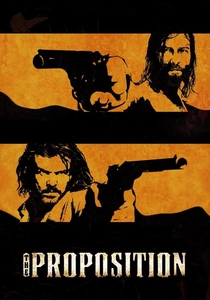
The Proposition (2005)
Description: Set in the Australian outback, this film deals with themes of corruption, justice, and the harsh realities of colonial law enforcement.
Fact: The film was shot in the Flinders Ranges in South Australia, providing a stark, beautiful backdrop.
 Watch Now
Watch Now
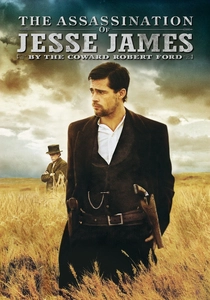
The Assassination of Jesse James by the Coward Robert Ford (2007)
Description: It examines the corrupting influence of fame and the moral decay that accompanies it, focusing on the relationship between Jesse James and his killer.
Fact: The film's title is one of the longest in cinema history.
 Watch Now
Watch Now
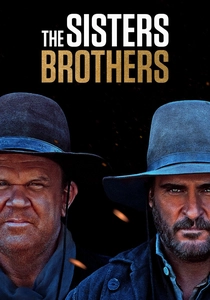
The Sisters Brothers (2018)
Description: This film explores the corrupting influence of gold fever and the moral dilemmas faced by two brothers in the gold rush era.
Fact: The film was adapted from a novel by Patrick deWitt, and its setting was changed from Oregon to California for the film.
 Watch Now
Watch Now

